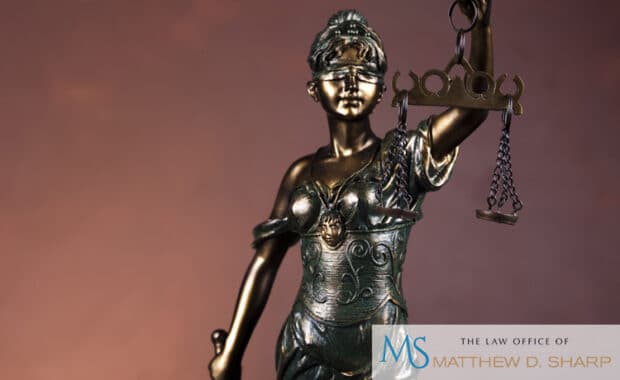The jury process is one of the most important aspects of democracy. U.S. citizens over the age of 18 who have not been convicted of a felony are eligible to serve as jury members or jurors. Voter registration lists are often used to randomly select jurors. However, a person is not obligated to actually serve on a jury simply because he was called in. Several additional steps are taken to ensure that a defendant is granted an impartial jury, per his Sixth Amendment rights.
Questionnaires
Potential jurors who are randomly selected receive questionnaires. On his questionnaire, a juror must answer with key demographic information. Additionally, if a person has a valid reason for not serving on a jury, he can identify this reason when he completes the questionnaire. Jurors who are eligible may then be summoned to appear for jury duty.
Voir Dire
Voir dire allows attorneys or judges to interrogate potential jurors about information that may demonstrate bias or an adverse reaction to the defendant. The presiding judge conducts this process in some states, while in other states, the attorneys are responsible.
Challenges to Jurors
Attorneys can contest a potential juror for two reasons. The first reason is to challenge the juror for cause. This challenge implies that a juror is biased. This situation may arise if the juror has a personal relationship with the prosecutor or defendant, has a financial interest in the outcome of the case or is prejudiced against the defendant. Attorneys can have an unlimited amount of challenges for cause. The presiding judge ultimately decides if a juror is fit to serve. The second reason involves a peremptory challenge. A peremptory challenge allows an attorney to reject a potential juror without having to provide a reason for it. State law sets the total number of peremptory challenges that each attorney can issue.
Other Aspects of Juror Duty
A person’s employer must allow him to serve on a jury. In addition, jury members are compensated for their services at a nominal rate. The court will sometimes close the trial to keep reporters and other individuals from harassing the jury members while they carry out their civic duties.
To learn more about jury selection, dial 713-868-6100 and schedule a consultation with The Law Office of Matthew D. Sharp.




